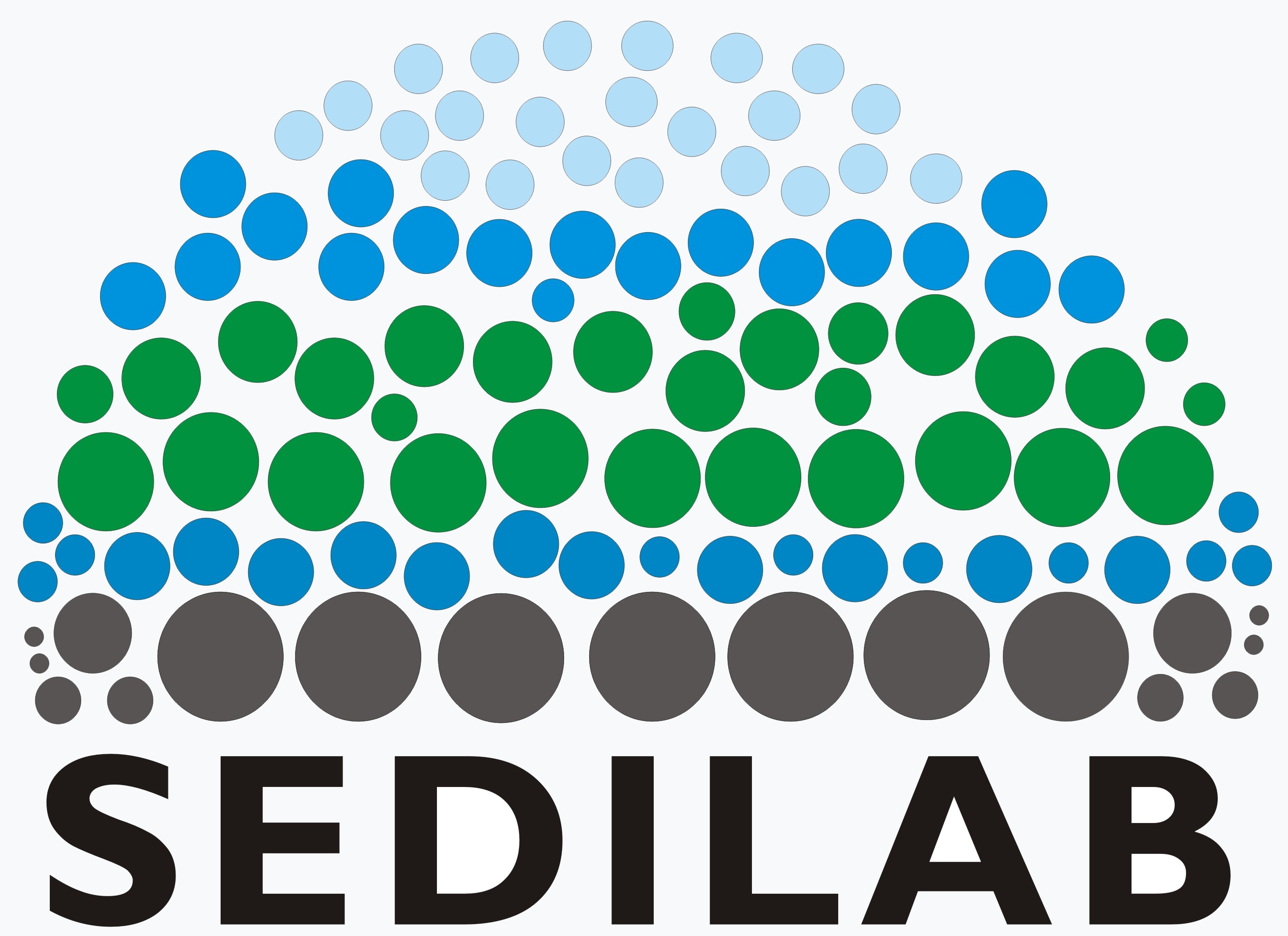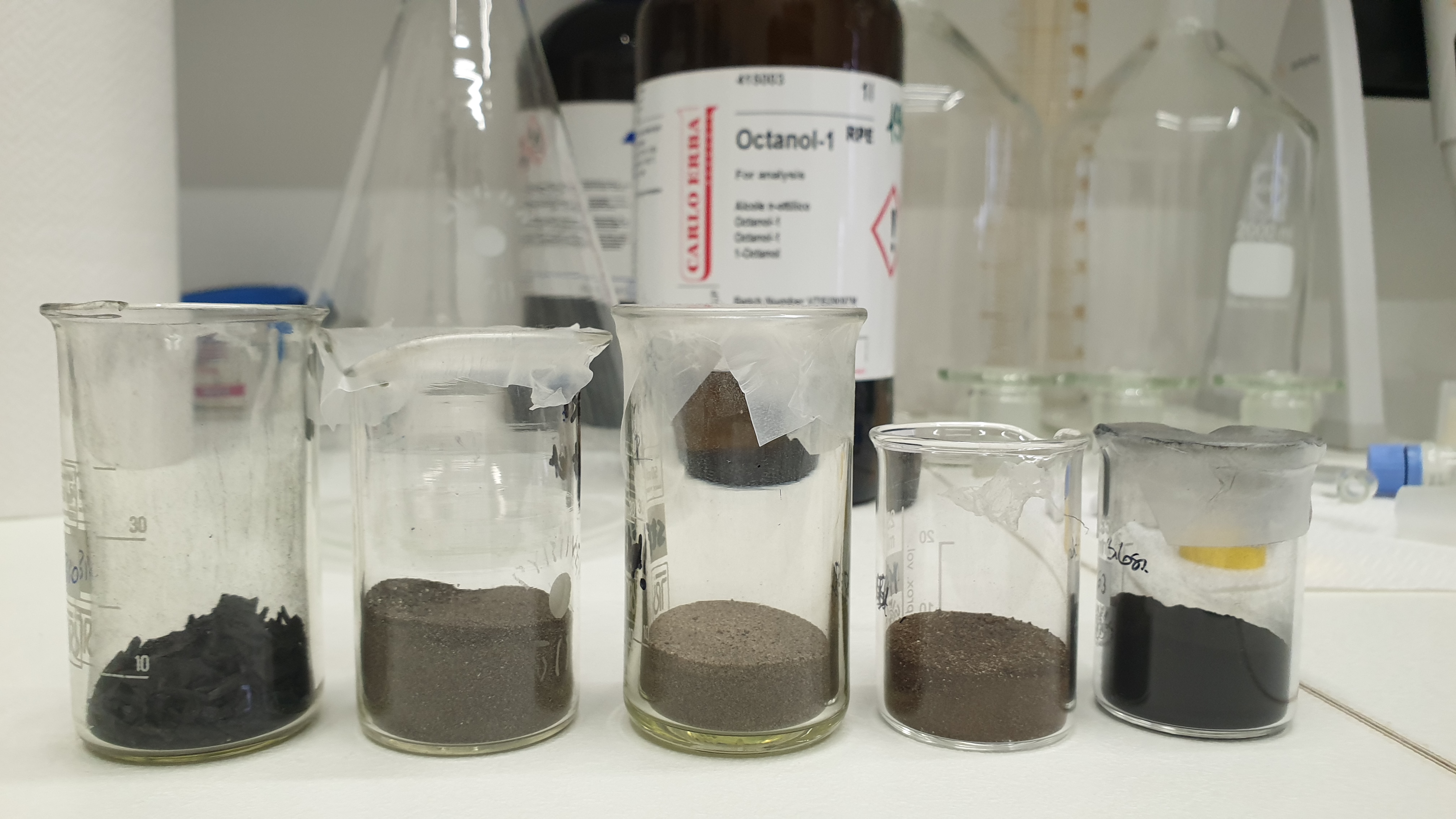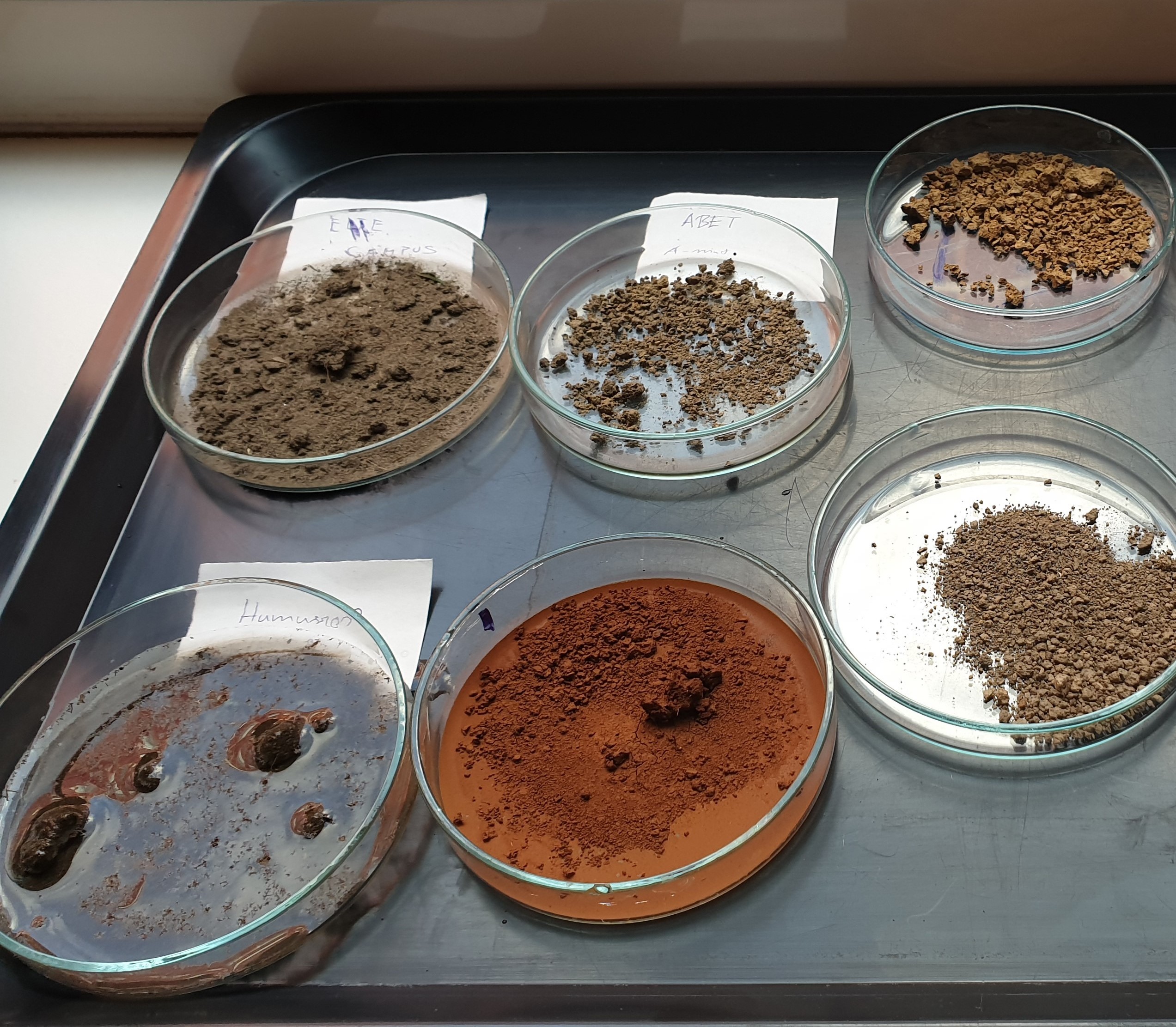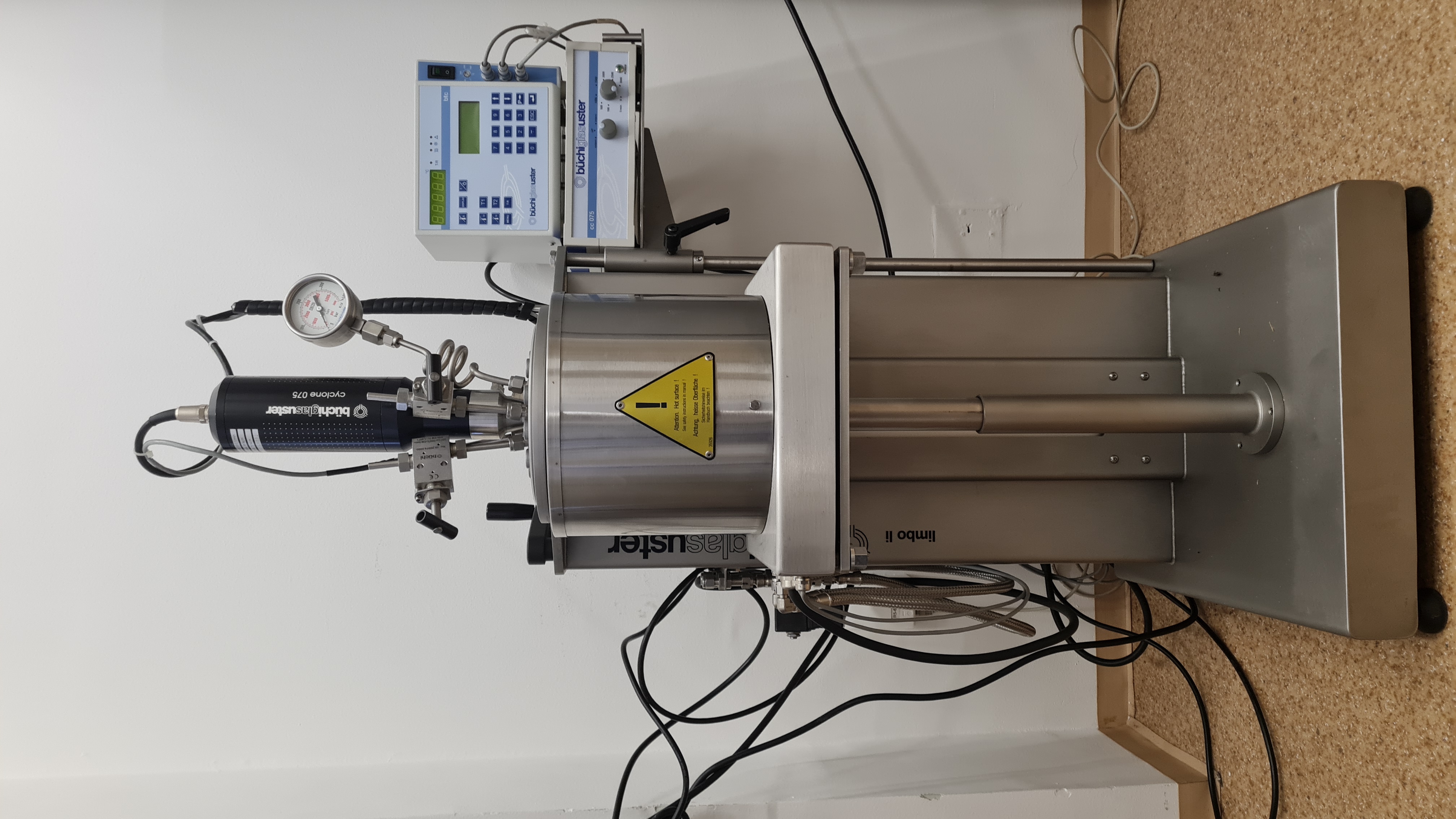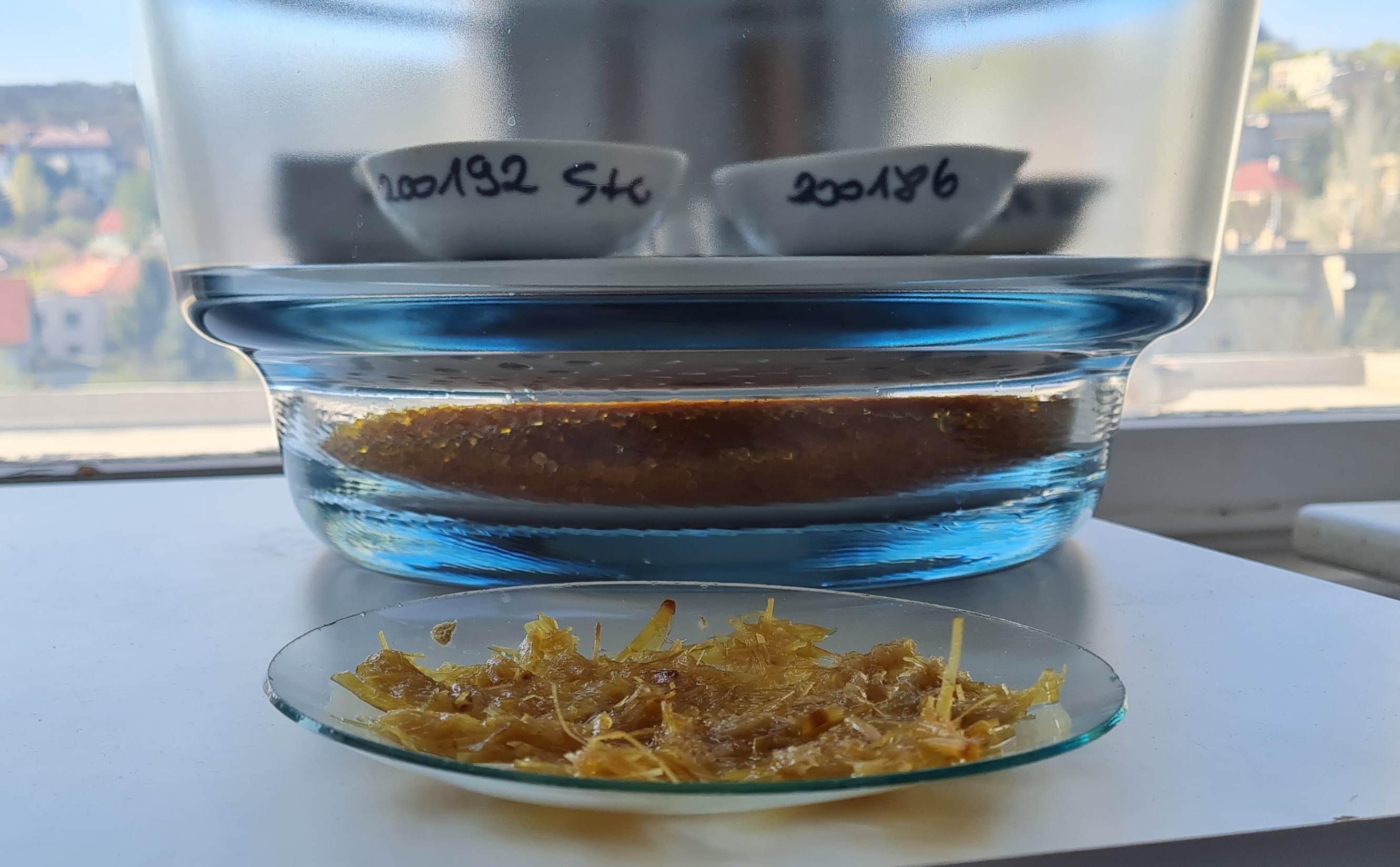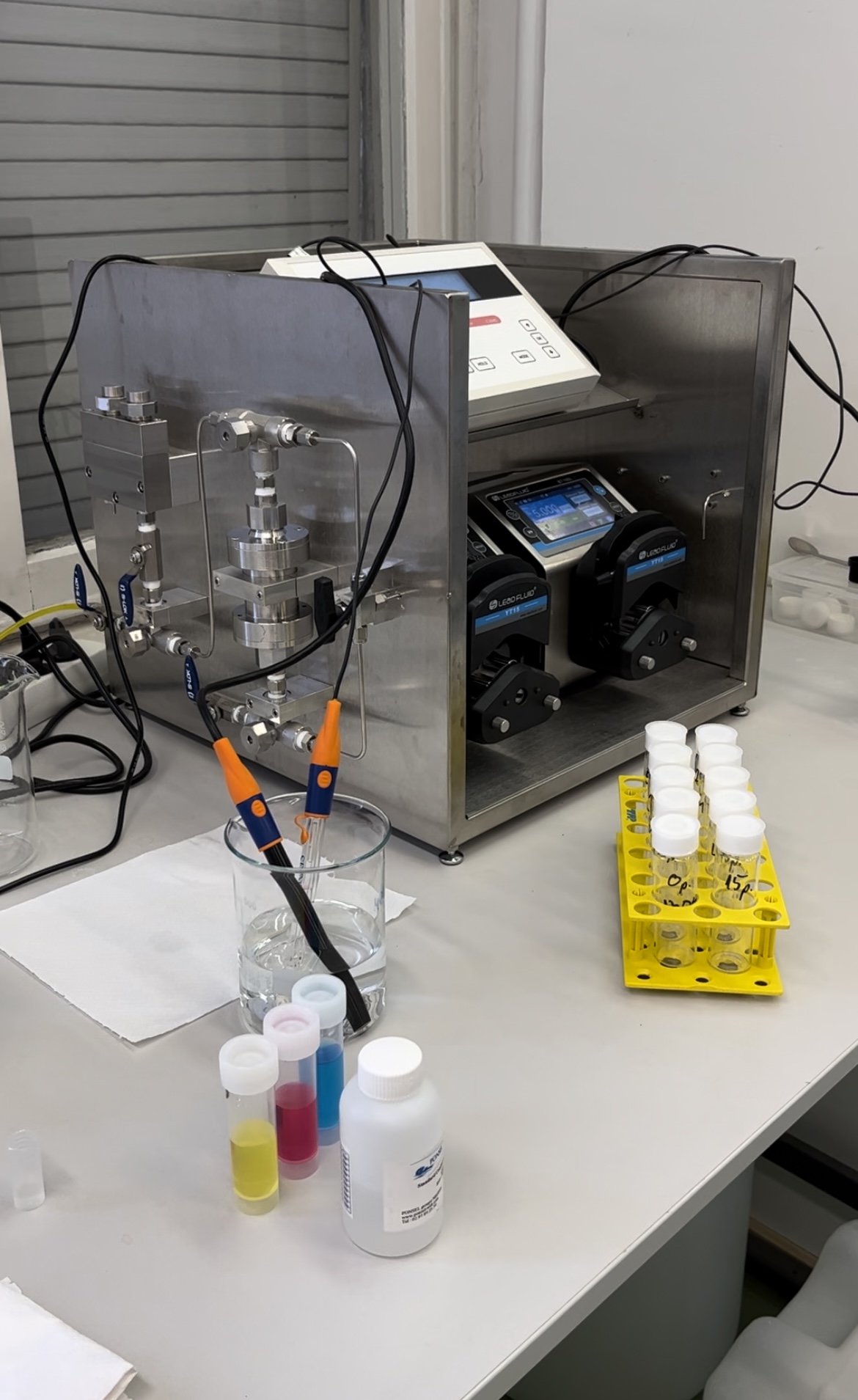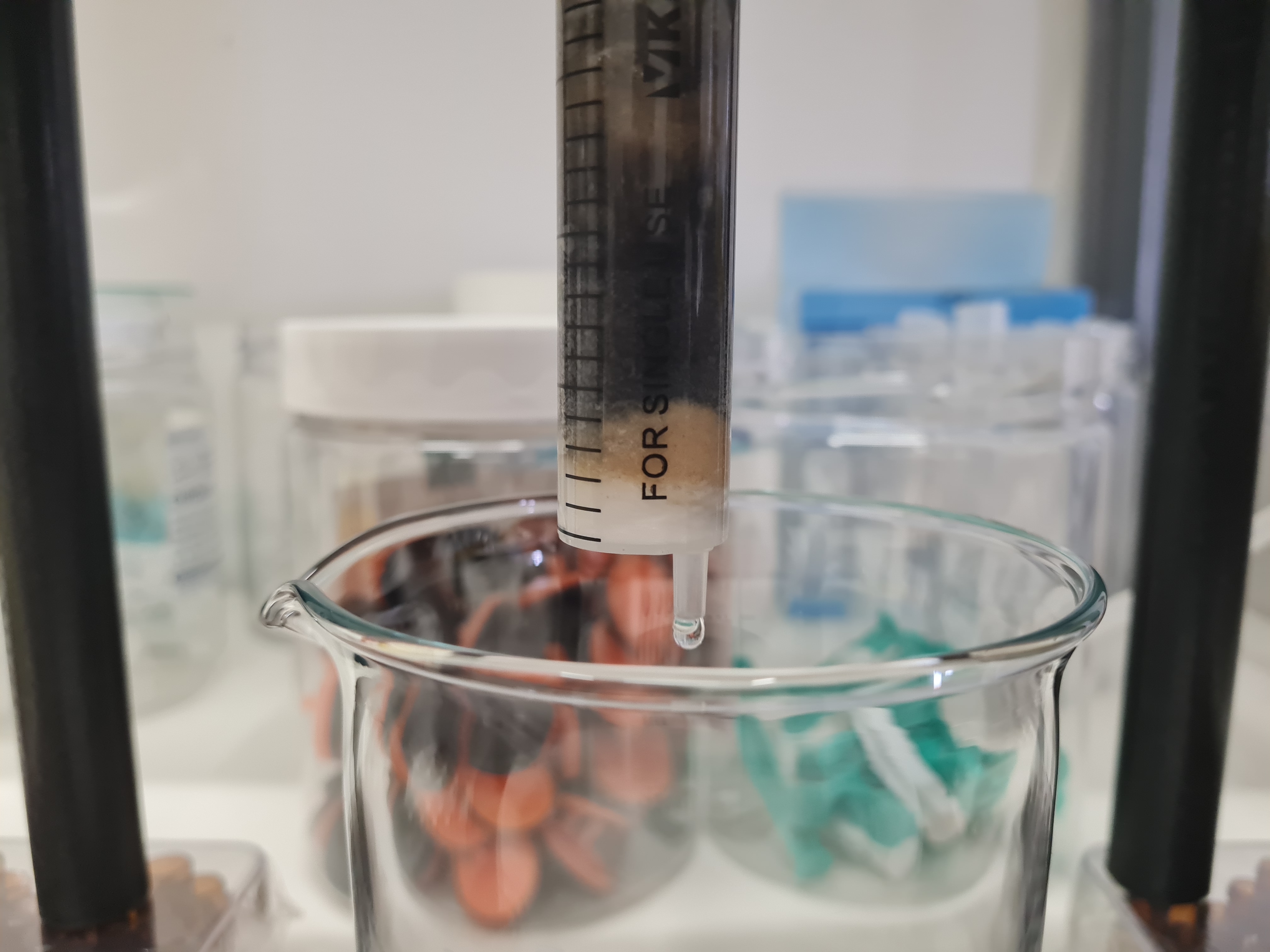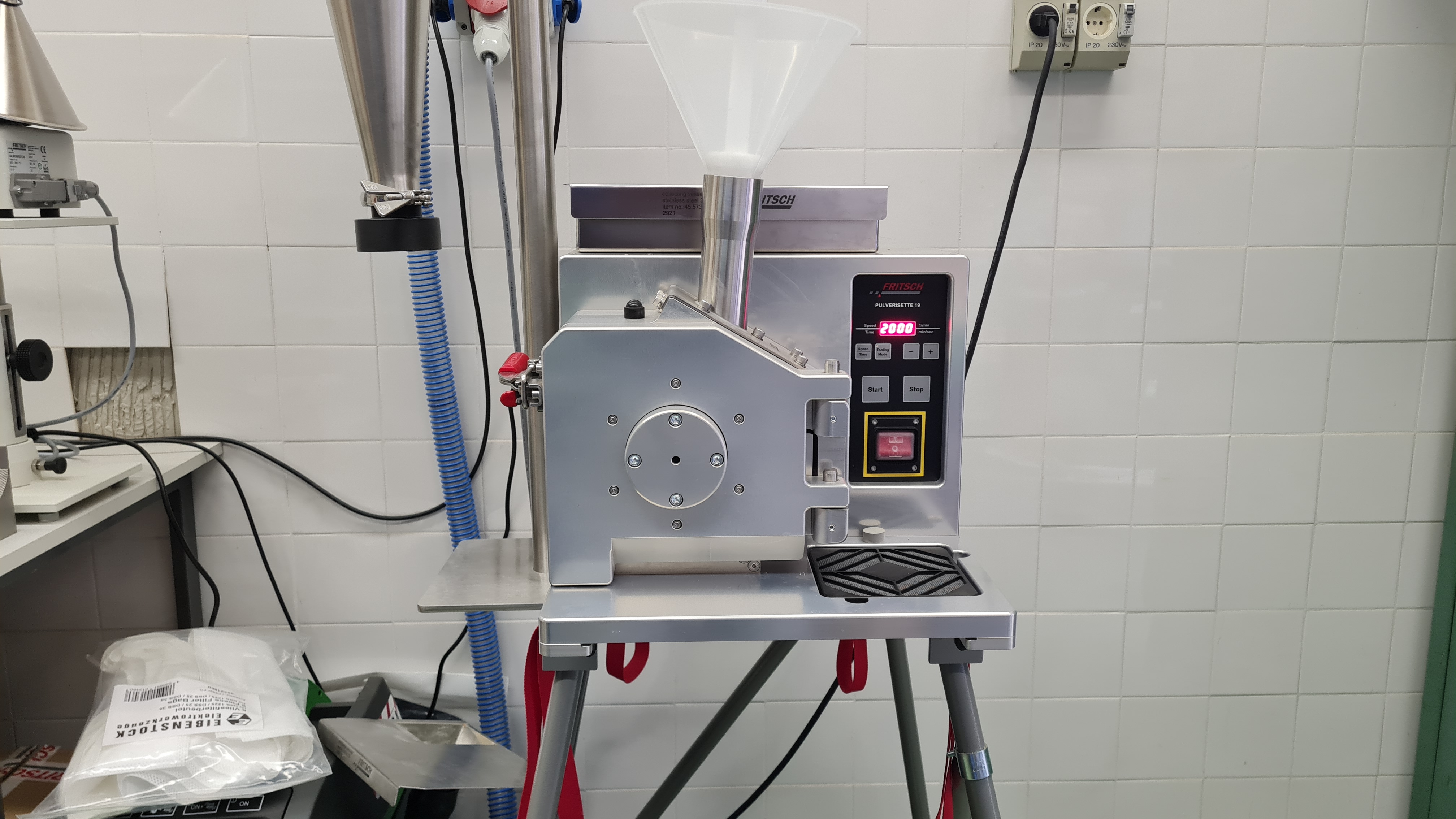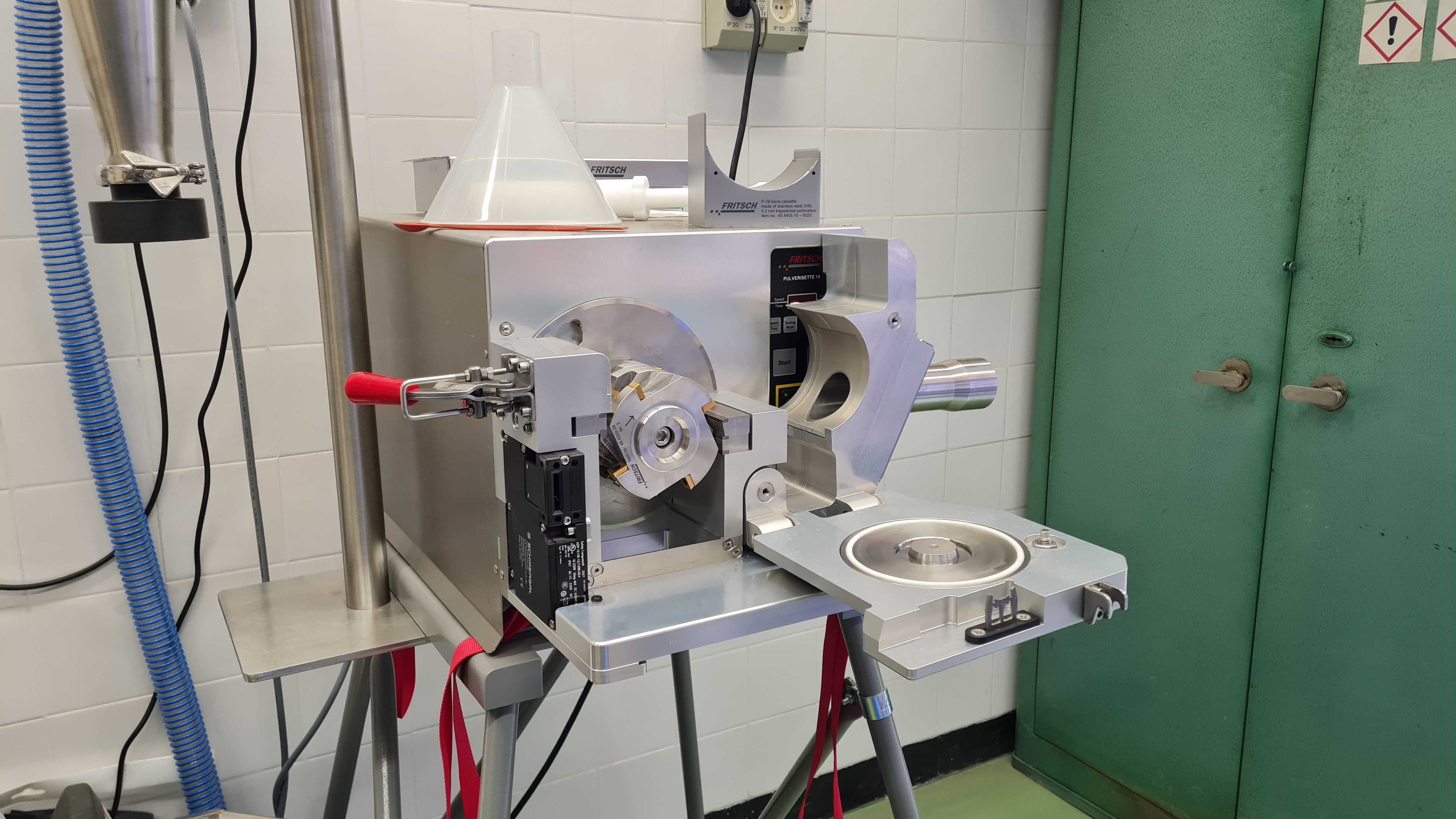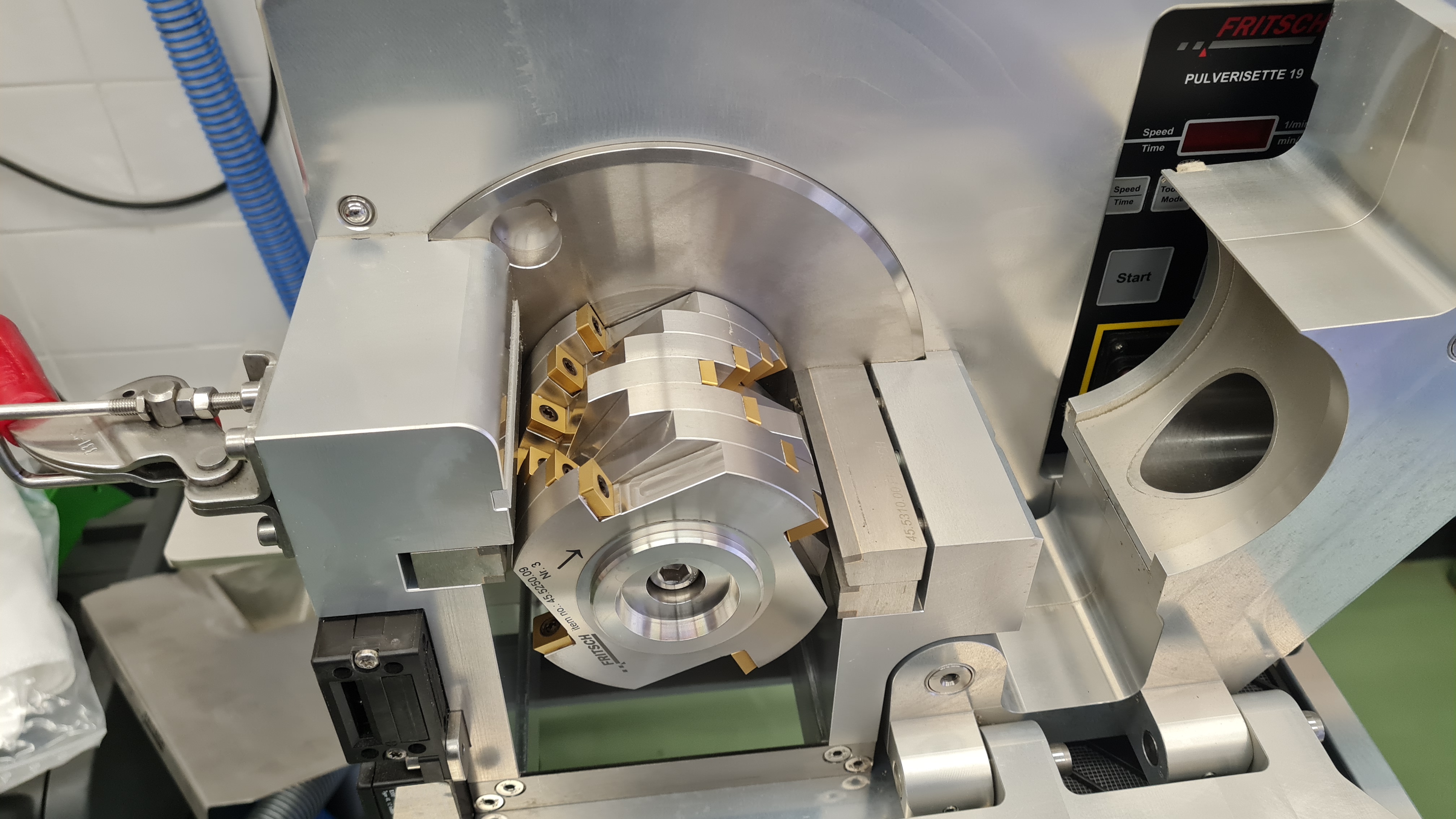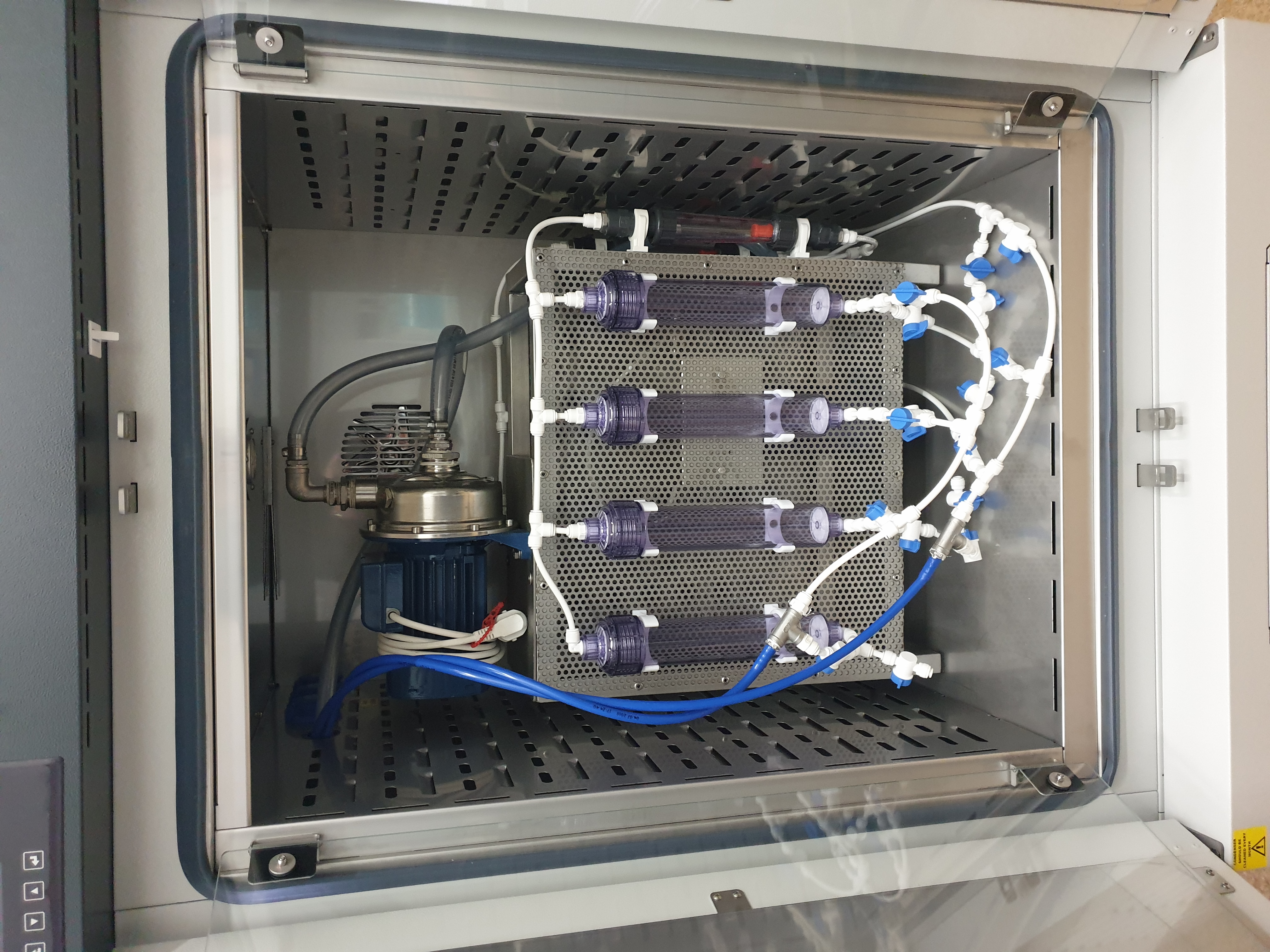
Laboratory for Sediment and Soil Analysis (SEDILAB) HUN-REN Research Centre for Astronomy and Earth Sciences, Geographical Institute
ADSORBENT DEVELOPMENT AND ADSORPTION RESEARCH LABORATORY
The SEDILAB Adsorbent Development and Adsorption Research Laboratory is a laboratory unit contributing to the development of cost-effective adsorbents for the purification of treated wastewater and irrigation water (freshwater bodies) from organic micro-pollutants, using the results of fundamental research.
This laboratory unit was established as a result of the NPVKP project (NVKP_16-1-2016-0003) "Exploring the environmental risks of certain EDC residues in treated and untreated municipal wastewater in the Budapest urban area" (http://geohidrobma.mtafki.hu). This lab also plays a key role in the ongoing DRI projects of the CSFK (2020-1.1.2-PIACI-KFI-2021-00309).
The analytical activities of this laboratory are carried out by the Laboratory of Liquid Chromatography and the Laboratory for spectrophotometry and soil organic matter characterization.
The main activities related to the development of adsorbents:
Pretreatment of the raw material
This activity covers the milling, chopping, homogenisation and homogeneous distribution of the various raw materials. The FRITSCH PULVERISETTE 19 high precision cutting mill with Wolfram carbide head with a series of cutting sieves provides the milling of a wide variety of materials to a uniform particle size in the range of 2 mm - 0.25 mm. The perfectly homogeneous (99%) and uniform distribution of the ground and homogenized materials is ensured by the FRITSCH LABORETTE 27 rotary sample distributor.
Surface activation and structure modification
The modification of the surface properties of the physically prepared and homogenized matrix is provided by the Büchiglasuster® Limbo Li Laboratory High Pressure Reactor System. The reactor system can be used to control both the chemical and structural properties of the material. It should be emphasised that surface activation can also be performed within this framework.
Temperature controlled environmental experiments
The prepared adsorbents are studied in both ambient and temperature-controlled conditions. The tempered environment is provided by four POL-EKO climate chambers. The adsorption tests are performed both in a "batch scale" (determination of thermodynamic properties) and in a flow-through (fix-bed) system. We have developed and manufactured a Lab-scale Fixed-bed Column Adsorber prototype. This device has a capacity for an on-line monitoring of the electrical conductivity and pH of the studied liquids. Short and long term preservation of samples is provided by lab freezers and ultra-low temperature lab freezers.
Adsorbent selection
Loading adsorbent into the reactor chamber
Fix-bed column experiment prototype
Fix bed experiment
